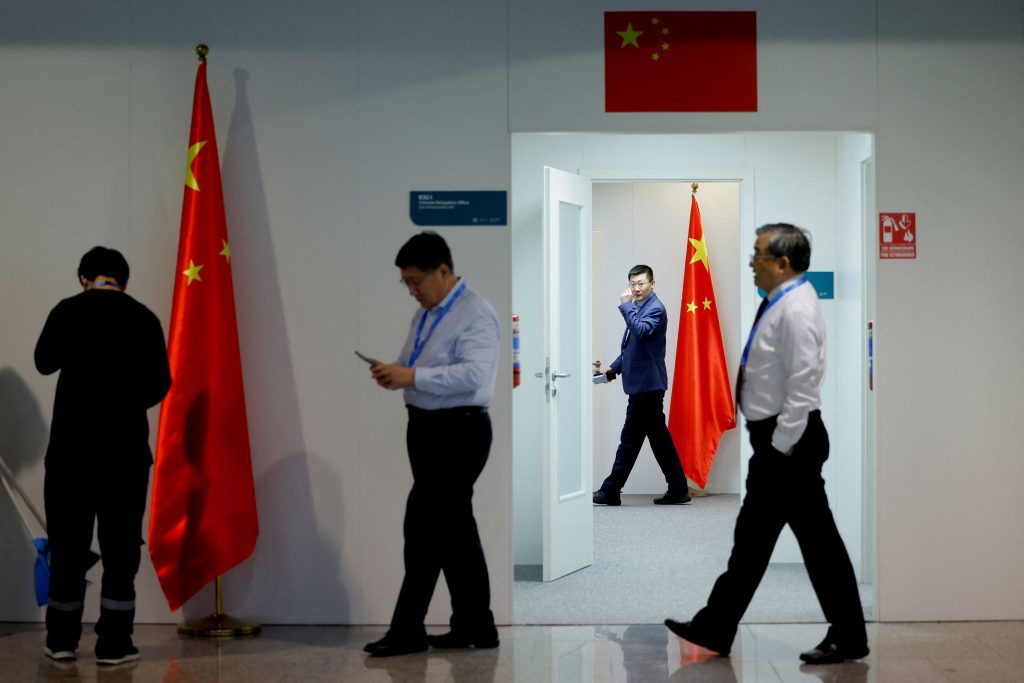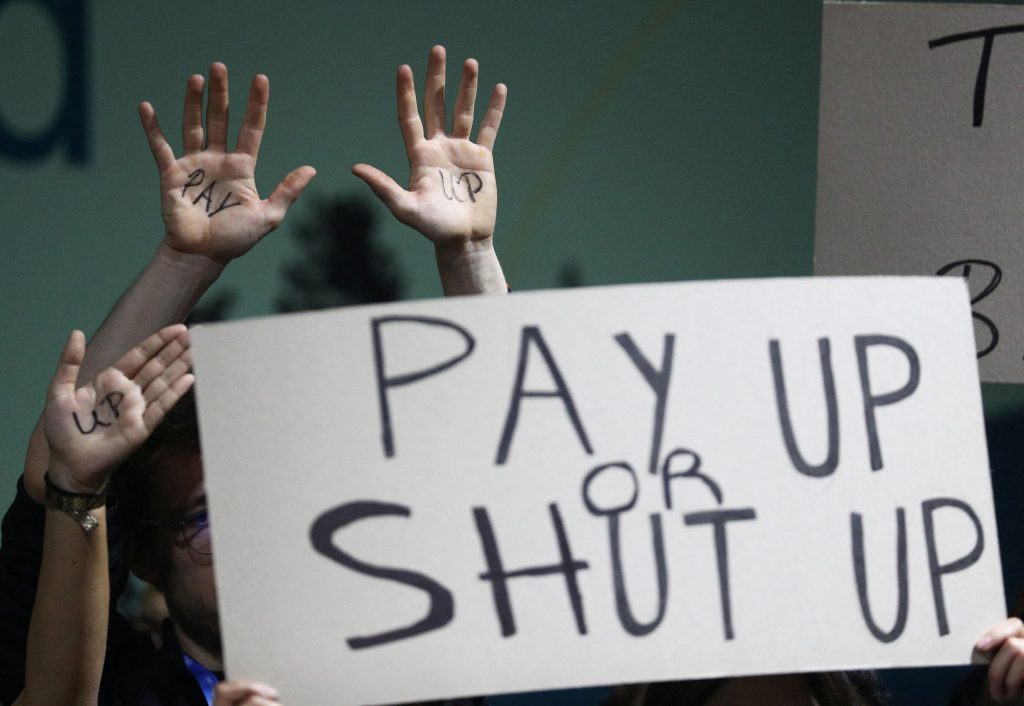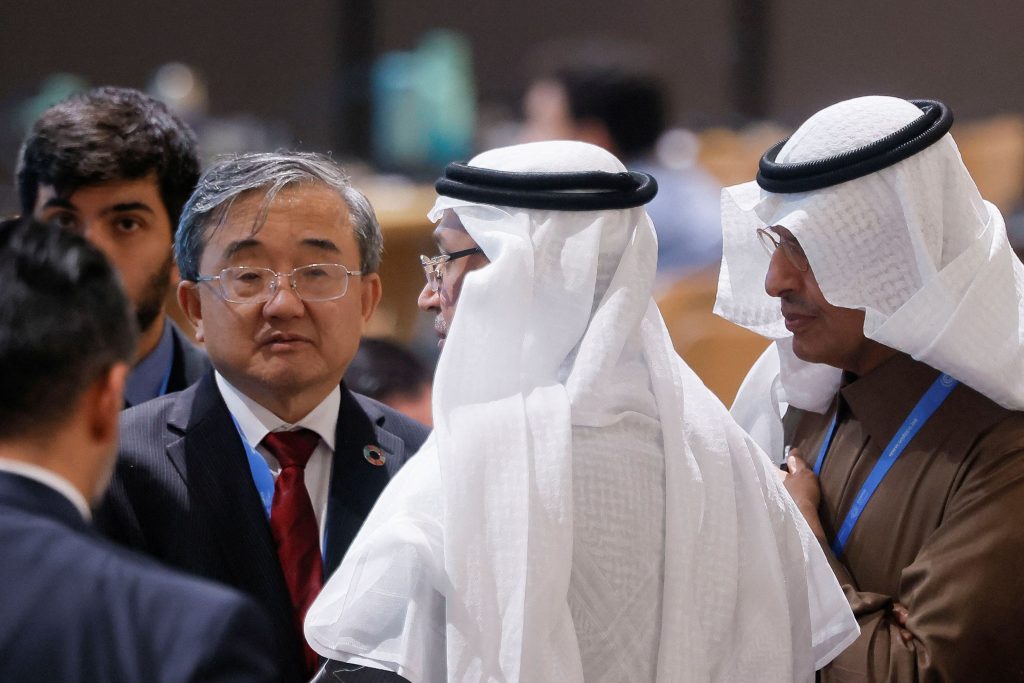The 29th United Nations Climate Change Conference (COP29) concluded with a contentious agreement on climate finance, leaving developing nations frustrated by an estimated $1 trillion annual shortfall in the funds needed to support climate adaptation and mitigation measures.
Held in Baku, Azerbaijan, from November 11–22, 2024, many delegates had already departed by the time the controversial deal was announced.
A Quick Look at COP29
A key sticking point about the climate finance deal, which has been a longstanding point of contention in international negotiations, is whether the pledged climate finance funds will come from public budgets or private investments.
The agreement also calls for voluntary contributions from developing countries, including China, which has for the first time pledged to contribute to climate finance, despite retaining its status as a ‘developing nation’ under UN classifications, which means it does not need to cough-up funds. However, China’s willingness to support has been met with skepticism from the United States, says Reuters.
U.S. President Joe Biden has repeatedly criticized China’s categorization as a ‘developing country,’ arguing that as an economic powerhouse and a high-income economy, China should be considered a ‘developed country.’ This reclassification would not only require China to contribute more significantly to global climate finance but also disqualify it from benefiting from such funds.

Members of Chinese delegation attend the COP29 United Nations Climate Change Conference, in Baku, Azerbaijan November 23, 2024. REUTERS/Maxim Shemetov
The Biden administration has advocated with key international organizations for a framework that better reflects the realities of China’s economic influence and responsibility in addressing the climate crisis, which has not been well received by China.
Despite the financial commitments, COP29 also did not arrive at a concrete timeline and commitments for the phase-out of fossil fuels, a critical component in curbing global greenhouse gas emissions.
This omission has drawn criticism, especially given that the host nation, Azerbaijan, is a significant oil and gas producer. After the series of scandals at COP28 in Dubai, delegates expressed their dismay that COP29 marks the second year in a row that the conference is held in a country that thrives off of its fossil fuels industry.
Climate Finance Falls Short
A central achievement of COP29, which was applauded by the host country and many stakeholders as it was announced, was the agreement by developed nations to mobilize $300 billion annually by 2035 to assist developing countries in mitigating and adapting to climate change.

Activists hold a protest during the COP29 United Nations climate change conference, in Baku, Azerbaijan November 23, 2024. REUTERS/Aziz Karimov
This commitment indeed marks an increase from the previous $100 billion annual target, but is less than the estimated $1.3 trillion needed annually by 2035 to effectively combat climate impacts, according to Reuters. Developing nations left the talks disappointed and frustrated over what they consider to be a drop-in-a-bucket deal.
The financing is needed to support vulnerable nations in transitioning to renewable energy, enhancing resilience against the impact of climate change, and addressing loss and damage from climate-related events.
The Controversial Carbon Market
Delegates reached a consensus on implementing Article 6.4 of the Paris Agreement, which commits to establishing a framework for international carbon credit trading.
This mechanism is designed to facilitate the global carbon market, enabling countries and companies to trade emission reductions, thereby promoting cost-effective mitigation strategies.
While proponents view this as a step toward mobilizing additional climate finance, critics express concerns about potential loopholes and the effectiveness of such carbon trading, saying it doesn’t result in genuine emissions reductions.
No Agreement on the Phase-Out of Fossil Fuels…Again
Despite extensive negotiations, COP29 did not produce a definitive agreement on phasing out fossil fuels. Efforts to establish concrete timelines and commitments faced resistance from major oil and gas-producing nations, including Saudi Arabia and Azerbaijan, says Reuters.

Liu Zhenmin, Chinese special envoy for climate change attends a closing plenary meeting, during the COP29 United Nations Climate Change Conference, in Baku, Azerbaijan November 24, 2024. REUTERS/Maxim Shemetov
This lack of consensus was a significant point of contention, as many delegates and environmental advocates emphasized the necessity of reducing fossil fuel dependency to meet global climate targets.
Geopolitical Dynamics at COP29
The conference was influenced by shifting geopolitical landscapes. Notably, China’s emergence as a climate leader was highlighted, with the nation voluntarily committing to contribute to climate finance for the first time, despite retaining its status as a developing country.
Conversely, the re-election of Donald Trump in the United States raised concerns about potential reductions in U.S. climate commitments, given his administration’s previous stance on climate change, withdrawal from the Paris Agreement, and appointment of climate skeptic to the country’s department of energy.
Looking Ahead to COP30
While COP29 achieved progress in areas such as climate finance and carbon market mechanisms, the outcomes were met with mixed reactions.
The focus now shifts to COP30, scheduled to be held in Belém, Brazil, where nations are expected to build upon these discussions. Environmental advocates will be looking for a concrete agreement on the phase out of fossil fuels and enhanced climate finance.


